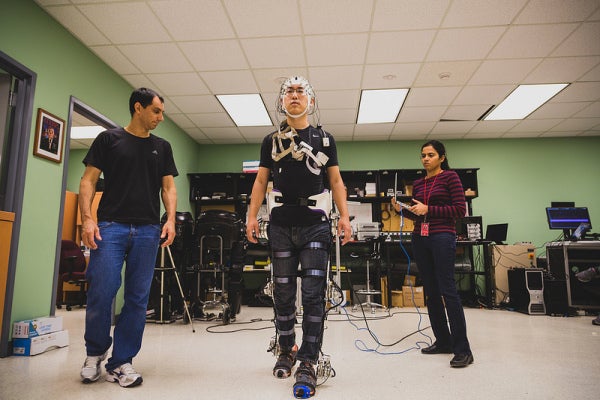Earlier this year, the world was engrossed in a scandal. It wasn’t politics or celebrities that had us up in arms this time though, it was “the dress.” Yes, the controversy I’m recalling is the one that divided the world on the color of a cocktail dress. As it turns out, while it was fun to debate, the dress is actually blue but the photo worked as an illusion. James Pomerantz, Ph.D., professor in the Rice University Department of Psychology and an expert in visual perception, explained the mystery in a Rice News article. Dr. Pomerantz will also serve as one of the instructors in our upcoming course, “The Future of Neuroscience.”

Along with visual perception, researchers in the field of neuroscience seek to understand the brain’s role in development, learning, memory, aging, disease, injury, and physical and emotional healing. The quickly developing field is devoted to understanding the brain and nervous system. And while much remains to be discovered within this field, recent advances in biomedical engineering, robotics and other research and intervention technologies are certainly stretching the boundaries of what once seemed impossible.
If you catch yourself wondering what is new in the world of neuroscience and which discoveries are just on the horizon, join us to hear straight from the experts. The six-session course will bring together Rice University, Baylor College of Medicine and University of Houston neuroscientists to shed light on the latest developments and consider what the future may hold for treating brain-related diseases and injuries and for deepening our understanding of the brain and the human experience. “The Future of Neuroscience” begins Thursday, October 1, so secure your seat today. Bonus: Will the world again be divided over a neuroscience-related topic? What do you think about “mind uploading”?

